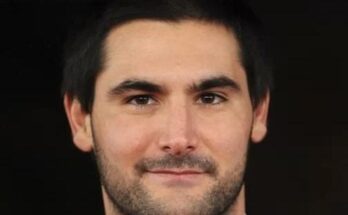The local congress of Durango, Mexico, approved the Nicole Law on Thursday, a law that sanctions cosmetic surgery performed on minors. The measure provides for sanctions against doctors who perform these surgeries, who would risk sentences of six to eight years in prison, as well as against hospitals, who could be closed. Parents, also liable under this new rule, would be charged with failure to provide care and could be sentenced to a prison sentence of four to six years. The announcement comes two months after Paloma Nicole, a 14-year-old minor, died in that state after undergoing breast implant surgery without her father’s permission. The case attracted public attention after it became known that the young woman’s mother had consented to the surgery, which was performed by her own partner. Carlos Arellano, the father, did not know what had happened until his daughter’s funeral, after which he filed a complaint with the Attorney General’s Office.
With this rule, which will still have to be published in the Official State Gazette, Durango becomes the first federal body in the country to have legislation on the matter. Morena MP Sandra Amaya celebrated the approval on her social networks. “A reform that protects the life and integrity of our girls, boys and adolescents, prohibiting any cosmetic surgery on minors,” was published in Nicole’s mother, who was in the operating room during the operation, according to several testimonies, served as a nurse without being authorized to do so.
The death of the young woman from Durango has opened a debate on the legislative gaps regarding cosmetic surgery on minors, as well as on the social pressure that pushes many people to undergo this type of procedure to achieve an ideal of beauty. Gabriela Vázquez, local representative of the National Action Party (PAN), asked “not to turn a blind eye” to this. “In Durango we already experience tragedies that hurt us as a society. When a minor loses her life due to an unjustified procedure, we are not talking about fashion or vanity, we are talking about an institutional, family and social failure that we must correct,” he observed. Vázquez had previously questioned the content that teenagers consume on social networks and called for more preventative work to put an end to this image of the “perfect life of influencer” which promotes lifestyles that are not always healthy.



